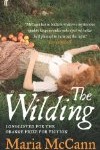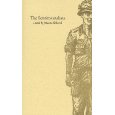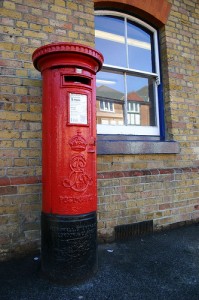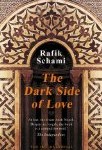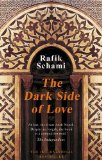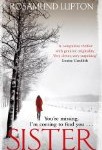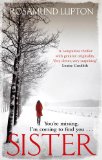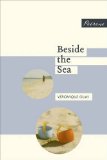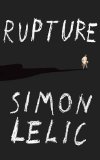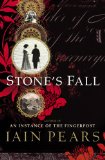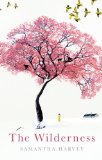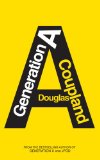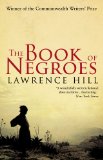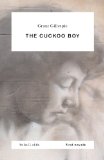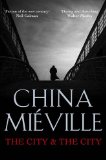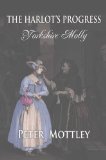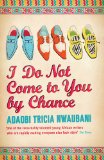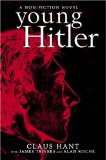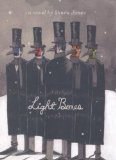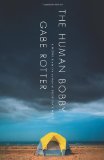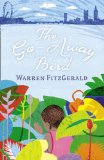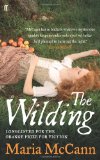
Long listed for 2010 Orange Prize
Richard and Judy 2010 Winter Read
The Wilding is an atmospheric piece of historical fiction set in 17th century England. The book follows Jonathan Dymond, a young man who makes a living from helping neighbouring villagers to make cider. He leads a simple, happy life until one day his world is shattered by a mysterious note from his dying uncle. It suggests that secrets are hidden within the family and so Jonathan decides to investigate. Everyone is keen to guard their own secrets, but the truth is slowly revealed as the characters battle to claim the inheritance.
The Wilding was quick and easy to read, but the writing gave the book a period atmosphere that you don’t normally find in books this readable.
The book was well researched and I especially loved the details of the cider pressing.
I loved the heady stink of fermentation – ‘apples and a little rot’, as the cottagers said – and the bright brown sweat that dripped from the murk even before the screw was turned, the generous spirit of the apple that made the best cider of all. The villagers said ‘Good cider cures anything,’ and I agreed.
The mystery compelled me to read on, but when I finally discovered the twist I was quite disappointed. It wasn’t that I had already guessed the outcome, more that I found I didn’t really care about it. It wasn’t particularly clever and it gave an unfulfilling ending.
It also made me realise that I didn’t care about the characters. The more I analysed the book the more disappointed I became. I had been so distracted by the fast-paced plot that I hadn’t noticed that all the characters lacked depth.
Despite my criticisms I think this book will have wide appeal. Fans of The Thirteenth Tale or The Little Stranger
will probably love it. It was an entertaining read, but I don’t think I’ll remember much about it in 6 months time.
Opinion is divided on this one:
It’s an utter mystery to me why this book has been longlisted for the Orange Prize. Vulpes Libres
This isn’t a book for learning about the period so much as a book for those who want to live it themselves. The Worm Hole
…a plot that is made rather dull by the flat main character who delivers the story. Book Gazing
